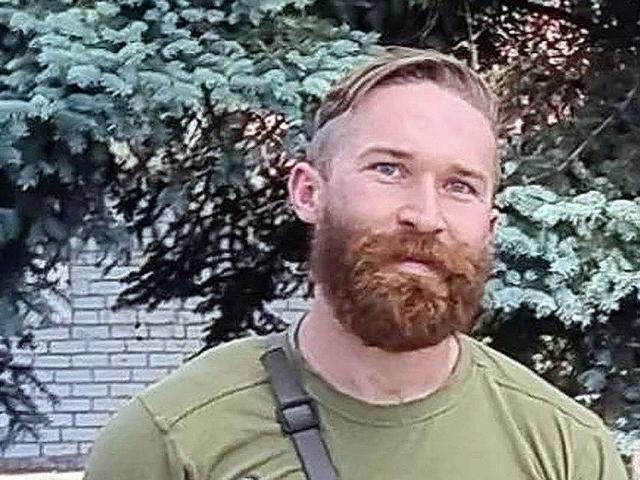
As the horror of the senseless destruction in this now six-month long war rolls on, it will be understandable to many that 28-year-old Corporal Dominic Abelen was keen to use the skills he had honed in a 10-year military career to serve on the front line when he was on leave without pay.
He was reported to have served in Iraq and was based in Christchurch before leaving for Ukraine without telling the New Zealand Defence Force (NZDF), or his family, of his plans.
His father said he supported the action of his son in "standing up and doing what he thought was right".
Nobody could deny he was doing that and that sadly he paid the ultimate price for his beliefs. However, these situations are rarely as black and white as we might wish them to be.
In common with many other countries, New Zealand is no supporter of the Russian invasion. We have imposed sanctions against Russia, provided humanitarian aid and sent troops to Britain to help train Ukrainian soldiers.
Cpl Abelen was not a member of any contingent deployed by the NZDF as part of its support to the efforts in Ukraine.
We have not declared war on Russia — and the Russian embassy is still operating in Wellington.

Those who see Cpl Abelen as a hero in this situation might have a different view should he have been killed in a war fighting on what might be seen as the "wrong" side. Whether someone is a hero, or a villain, very much depends which side you are on.
What this case has clearly shown is that the NZDF has little understanding of what those on unpaid leave might be doing.
Under normal circumstances it would seem a step too far for an employer to be wanting to know what staff are doing when they are on leave without pay
However, in this situation it seems pertinent for the force to be contacting the 94 staff on leave to remind them they cannot go to Ukraine. After all, these soldiers are still considered to be serving.
This week, the second deployment of NZDF personnel left for the United Kingdom to help train Ukraine soldiers. They will be there until the end of November supporting the UK’s contribution of 10,000 troops to go to the war-torn nation.
The force has said none of those soldiers will be given leave without pay. Its stance is that such leave is something people take when they want a break from their careers, not something that happens when soldiers are deployed on operation.
Rumours that Cpl Abelen’s body is held by the Russians will, if true, pose particular problems for his recovery. Russia has made it clear it considers any foreigners fighting with Ukraine are nothing other than mercenaries. Hence, if they are captured, they will not be treated conventionally as prisoners of war.
Some commentators have also suggested Russia could make demands on New Zealand in return for the handover of Cpl Abelen’ body.
Little is being said about what might be going on behind the scenes to bring Cpl Abelen home, apart from the fact this will be handled by the closest New Zealand consulate, in Poland.
None of the diplomatic nuances around his death will be of much comfort to his family, who desperately want to have him returned to New Zealand.
Whatever other significance this death may have for others, for them it is a sad but noble end to the short life of a son, brother and uncle.













